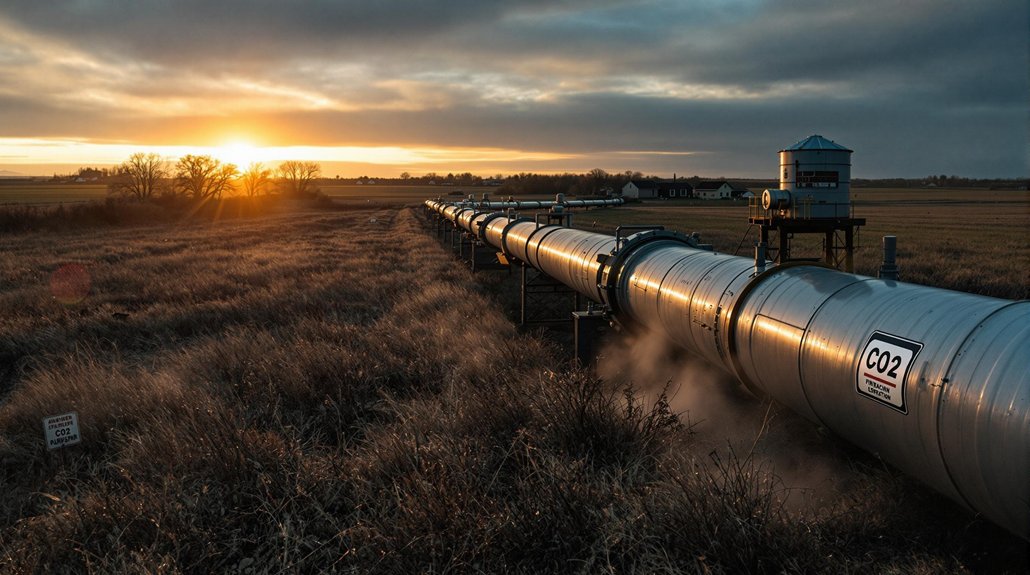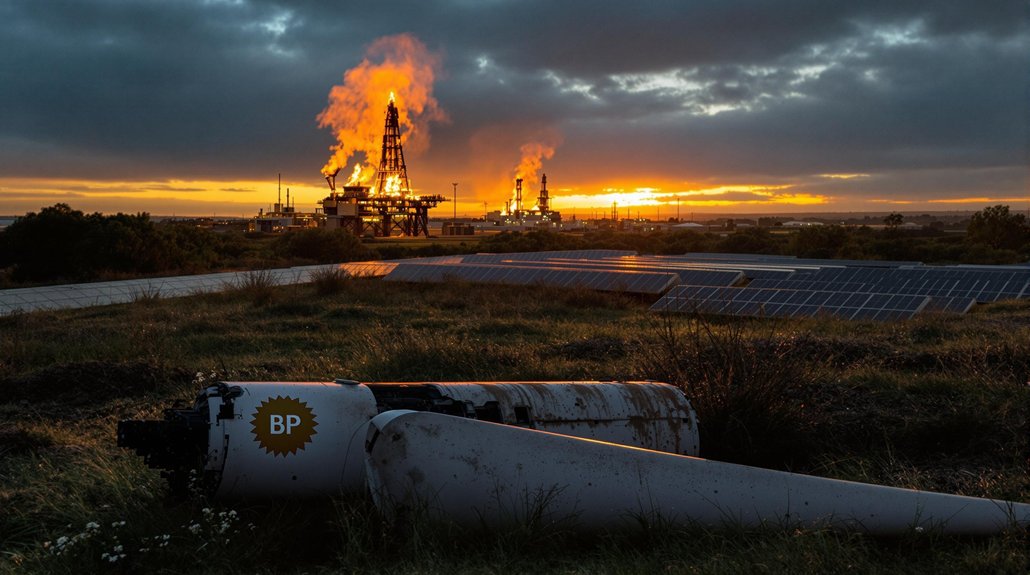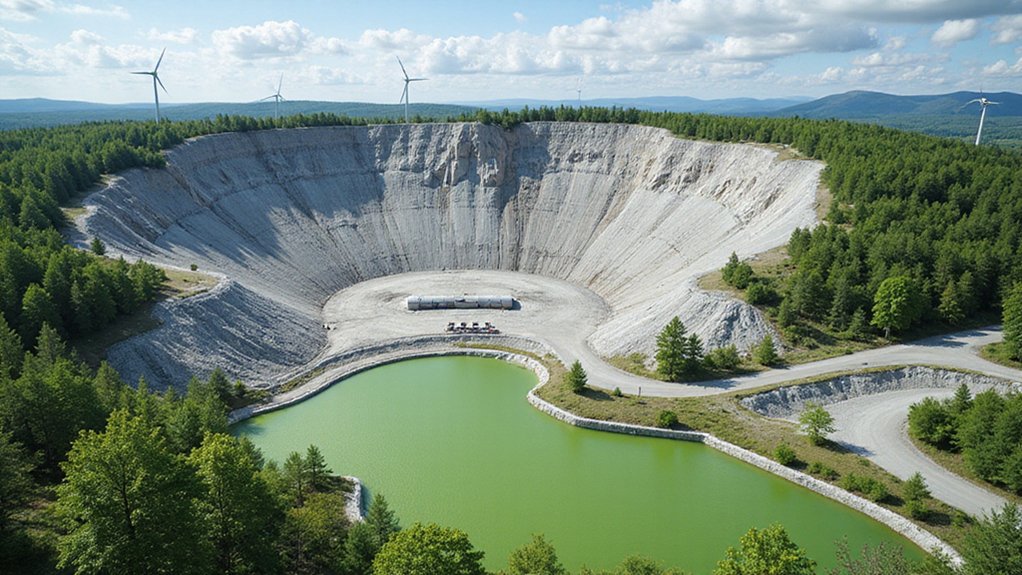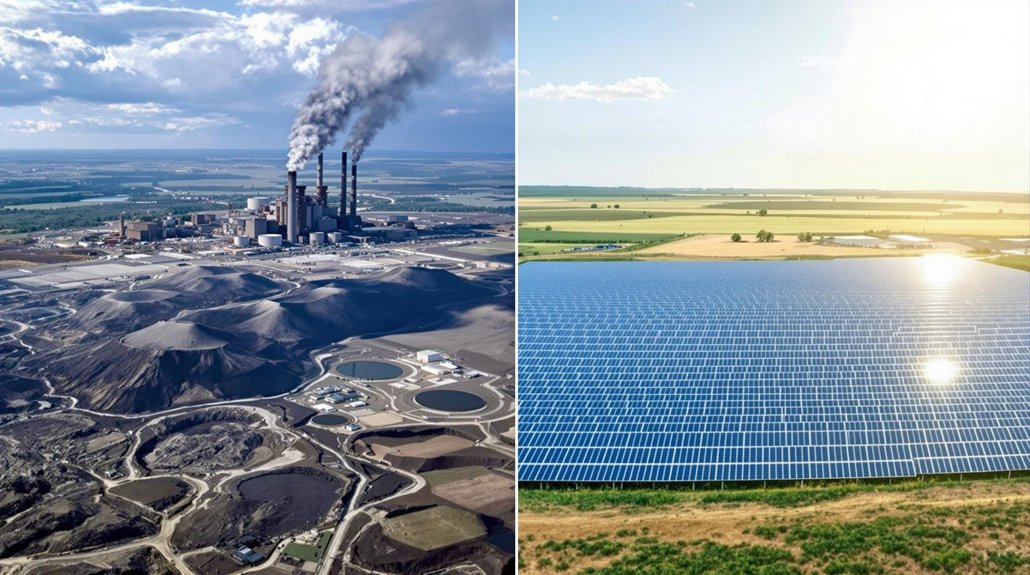The Trump administration withdrew proposed CO2 pipeline safety regulations through executive orders in early 2025. These rules, drafted after a 2020 Mississippi pipeline rupture, would have required leak detection systems and emergency planning zones. Without these protections, communities near the nation’s 5,000+ miles of CO2 pipelines face increased health risks, including suffocation hazards. Critics point to the $100 million in fossil fuel campaign contributions as a potential factor in the decision.
The Trump administration has withdrawn proposed safety regulations for carbon dioxide (CO2) pipelines as part of a broader effort to eliminate what it considers costly regulations. The safety measures were drafted after a 2020 CO2 pipeline rupture in Satartia, Mississippi that hospitalized nearly 50 people. The withdrawal came through a January 20, 2025 executive order, followed by a February 19 order targeting regulations deemed costly.
The now-shelved regulations would have created new standards for CO2 transportation, mandated vapor dispersion analyses, required leak detection systems, limited corrosive contaminants, and established emergency planning zones extending two miles on each side of pipelines. Safety advocates warn that without these protections, similar or worse incidents are likely to occur.
Safety regulations are now mere blueprints while communities remain exposed to increasingly dangerous CO2 pipeline risks.
CO2 leaks pose serious health risks, including suffocation, neurological damage, and vehicle shutdowns. The gas is colorless, odorless, and heavier than air, allowing it to accumulate to dangerous levels over large distances. Victims of the Satartia incident still report lasting respiratory, cognitive, and neurological problems. PHMSA’s investigation of this incident led to a proposed rule-making in 2022.
The U.S. currently has over 5,000 miles of CO2 pipelines, primarily used for enhanced oil recovery. This network is projected to expand dramatically to 66,000 miles by 2050 as carbon capture technologies grow. Much of this expansion is planned through rural Midwest and Gulf Coast areas, often in low-income and minority communities. Fossil fuel companies provided nearly $100 million to Trump’s 2024 campaign, raising questions about industry influence on regulatory decisions.
Industry influence on regulation has raised concerns about conflicts of interest. The new PHMSA head, Ben Kochman, is a former pipeline industry lobbyist, while nominee Paul Roberti has received support from pipeline and energy sectors. Previous Trump-era PHMSA enforcement saw fewer penalties and lower fines for violations.
Environmental justice advocates point out that many affected communities already live near fossil fuel and petrochemical infrastructure. Without federal oversight, these areas face heightened risks from pipeline accidents, often with inadequate emergency response capabilities. Critics argue that economic benefits must be balanced with community safety as the CO2 pipeline network expands. These concerns are heightened given that fossil fuels already cause 4.5 million deaths annually from air pollution worldwide.









